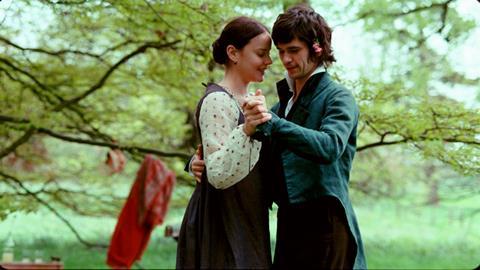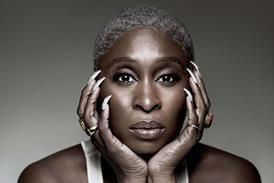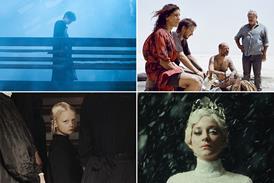
Jane Campion fell in love with Andrew Motion’s biography of John Keats, and knew that to do justice to a cinematic rendering of the ailing Romantic poet’s chaste love affair with the headstrong, rebellious Fanny Brawne she would have to study hard. “I fell to my knees having read Motion’s biography,” Campion explains. “I was in awe of this story and the courage of these young people to go through what they do to face a certain end.”
Campion read and re-read Keats’ letters before embarking on a single draft of the screenplay, “grooming back and forth” as she went, as is her custom. Motion was generous, she says, with the result. “We were excited to be Keats’ lovers together.”
The cast of Bright Star is as impeccable as the crafts that lend the film its sense of immersive splendour. In casting Ben Whishaw as the 19th-century poet, Campion felt she had secured an actor and a man of uncommon qualities. “He has a lyrical masculinity, which the English like and isn’t an idea of masculinity that Americans are comfortable with. Ben’s a being — he breaks out of the mould.”
The central character of Brawne is played by Abbie Cornish, of whom Campion says: “That girl is scarily talented. We were talking about whether Fanny Brawne was a modern woman and we realised she was prepared to defy convention and follow her heart, but that’s not modern really — in fact it’s heroic.”
The writer-director is disarmingly low-key about her role in directing the actors, who include the “witty, bold and original” Paul Schneider as Keats’ combustible friend Charles Armitage Brown. “I’m providing the flat running course for them and I’m hoping they will get the speed up to leap every now and again. I’m never responsible for the great things they do; I’m like the janitor — I keep the stage clean and remind them it’s their stage. What can you do? You cannot be brilliant for them.”

















No comments yet